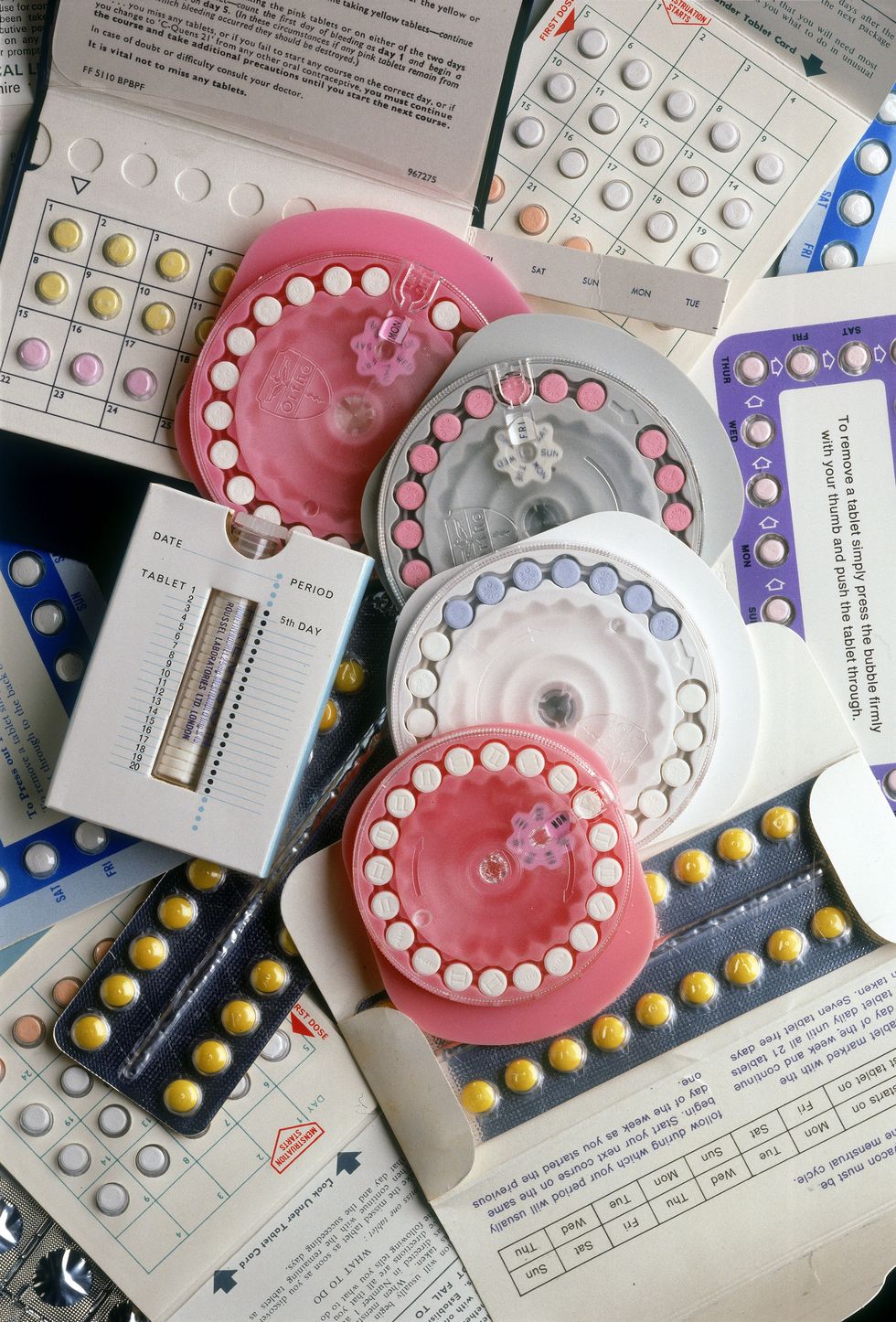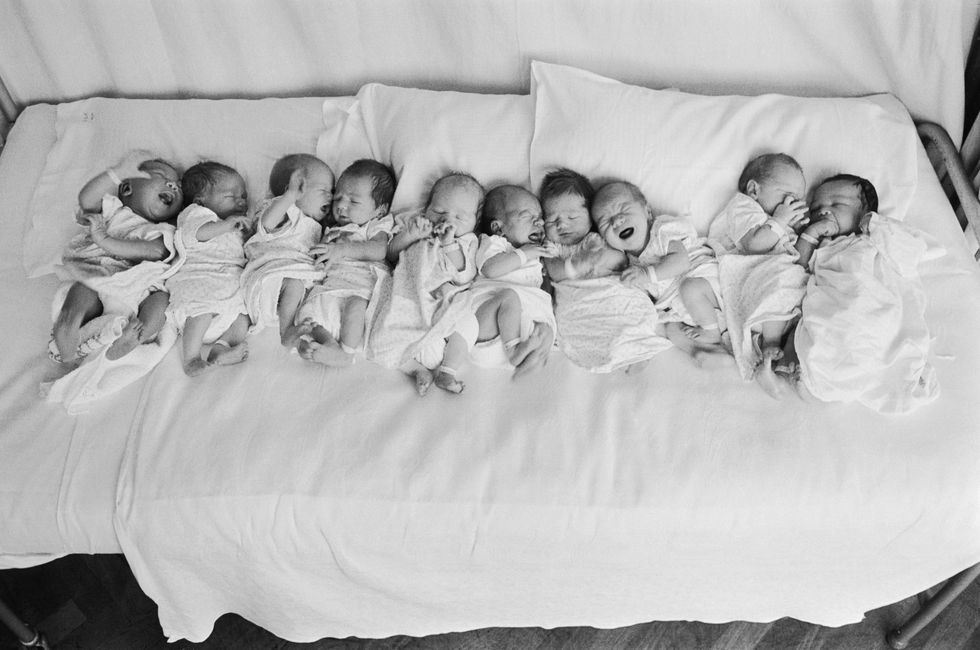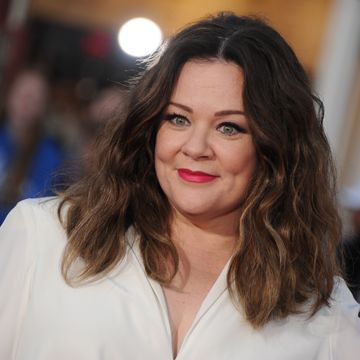When the Abortion Act came into affect in 1967, it ruled that terminations of pregnancies would be legal in England up to 24 weeks.
In the 50 years since its legalisation, more than 8 million abortions have taken place in the UK, according to the Department of Health statistics for 2013, thanks to improved awareness of reproductive rights and new-found forms of contraception, currently available on the NHS.
As women have increasingly been able to take control of their fertility, more than 3.5 million million women in the UK now use hormonal contraceptives to prevent pregnancy.
But, it now looks like women's rights relating to their bodies is narrowing – not widening – with experts now warning the UK may actually see 'more unplanned pregnancies and more abortions' in the years to come.
A report by the Advisory Group on Contraception (AGC) has found that around 3.9 million women of reproductive age (estimated to be 15-49 years) live in areas of the country 'with some form of restriction on access to contraception' because of their age of where they live.
The AGC states that government funding cuts have made contraception less accessible to women across the UK and in the past year, one in seven councils have admitted to the advisory board that they've been forced – or have plans – to close their family planning sites (other than GP surgeries), which previously offered contraceptive treatment in 2015-16.
Natika Halil, the FPA's chief executive and AGC member, told the BBC: 'It's a false economy to restrict women's access to contraception. Every £1 spent on contraception saves £11 in averted health costs.
'Making it harder for women to choose the right contraception for them will mean more unplanned pregnancies and more abortions. Councils need adequate funding to deliver the comprehensive contraceptive services women need and deserve,' she added.
According to the BBC, another survey of 1,023 GPs by the Family Planning Association (FPA) discovered that only 2% of doctors offer the full range of contraceptive methods, with more than half admitting there isn't enough time in appointments to provide women with all of the necessary information regarding fertility.
At a time when an Ohio governor has vetoed the 'heartbeat' abortion bill in the US but signed a ban on terminations after 20 weeks of pregnancy and Oklahoma's Humanity of the Unborn Child Act is forcing public toilets to have anti-abortion messages, it seems that rather than improving women's access and range of choice regarding their reproductivity, lack of funds and conservative ideals are forcing a restriction on womanhood and gender rights.
As artists and feminist Whitney Bell says in her ELLE essay about the termination of her own pregnancy, 'The question I have for you isn't whether women will have abortions, the question is whether you'll prevent these abortions from being safe?'
By limiting access, information and resources to support women's reproductive rights, we are further endangering vulnerable women and stripping them of the autonomy to determine their futures.

Katie O'Malley is the Site Director on ELLE UK. On a daily basis you’ll find Katie managing all digital workflow, editing site, video and newsletter content, liaising with commercial and sales teams on new partnerships and deals (eg Nike, Tiffany & Co., Cartier etc), implementing new digital strategies and compiling in-depth data traffic, SEO and ecomm reports. In addition to appearing on the radio and on TV, as well as interviewing everyone from Oprah Winfrey to Rishi Sunak PM, Katie enjoys writing about lifestyle, culture, wellness, fitness, fashion, and more.
















